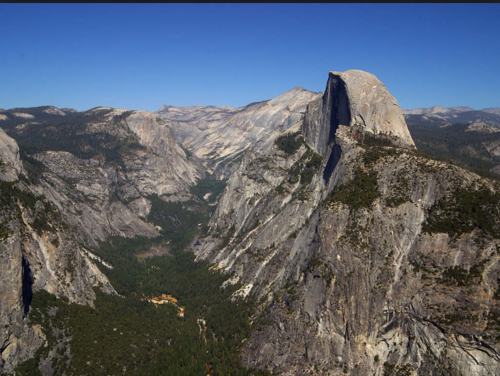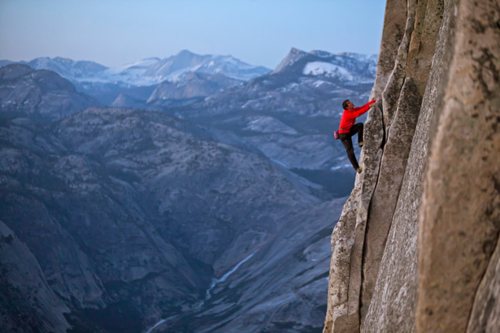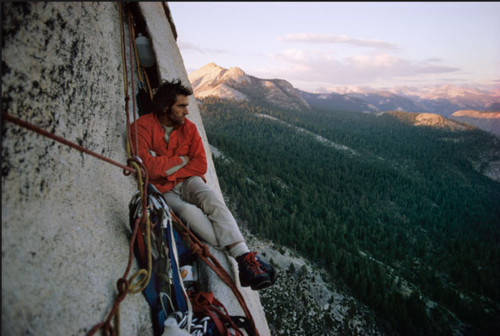Lessons from Rock-climbing: Getting Above the Clouds – Where is God in Modernism?


In my college days, I considered myself a mountaineer. I had ample opportunity to climb mountains like Mt. Rainier, Mt. Baker and Mt. Whitney as well as climbing the cliffs of Yosemite Valley. What I liked about climbing is that it enabled me to get above the clouds and see the bigger beautiful picture of nature.
Rock climbing is a series of upward ascents to the end of your rope, then securing yourself on a ledge to belay and help your partner climb up below you. While belaying, the climber has much opportunity to see the spectacular vistas across Yosemite Valley. I have had the opportunity to spend many hours viewing Yosemite Valley from a high perch. It is a spectacular view looking down instead of looking up from the ground floor.

In a similar way, Terry Eagleton in his book Culture and the Death of God analyzes the past three hundred years searching for God in the changing philosophy and culture of each century. He starts with the Enlightenment concluding the many philosophers rationalized that religion was not needed personally but did have utilitarian value to keep morality and harmony with the masses. He then went on to analyze Idealism, Romanticism, Nationalism and Modernism. Eagleton concludes the crisis of culture is that by achieving an “authentic atheism” the problem is that God reappears in one disguise or another like” reason, art, culture, Geist, imagination, the nation, humanity, the state, the people, society, morality or some other such specious surrogate, the Supreme Being is not quite dead (Eagleton, 2014, p 151).” Even though post-modernist are nervous of universals, it does not mean the universal truths go away.
Where will this atheistic society take us? Eagleton says the liberal state’s one cardinal belief is that individuals be allowed to believe what they want as long as they do not jeopardize the ability of others to do the same – ethical egoism. If this is the case today, where will social order come from – the state? Who decides what morality is, what is right and what is wrong?
If we climb back up the mountain, up above the crowd of voices and so many philosophies – where is God in all of this? Eagleton analyzes from man’s rational thought but the most important question is what does God think about man and his direction? I believe there is a creator God who gave us his word that instructs us how to live, that follows natural law theory. The Word, the Bible, gives us the universal truths to live by.
History gives testimony to many centuries of different philosophies and political governments who have tried to eradicate Christian faith yet they have all failed. According to Eagleton, we may be living in the first completely atheistic culture in history but is it really atheistic or is it that many people have walked away from or are ignoring God? I believe God is still here and not dead and that the Bible projects where modern society is taking us. What do you think? Where do you think God is in this atheistic culture of ours? I personally like the view from the mountain top and I am glad I have a climbers guide 😉
Terry Eagleton, Culture and the Death of God (New Haven, CT: Yale University Press, 2014).
Leave a Reply
You must be logged in to post a comment.